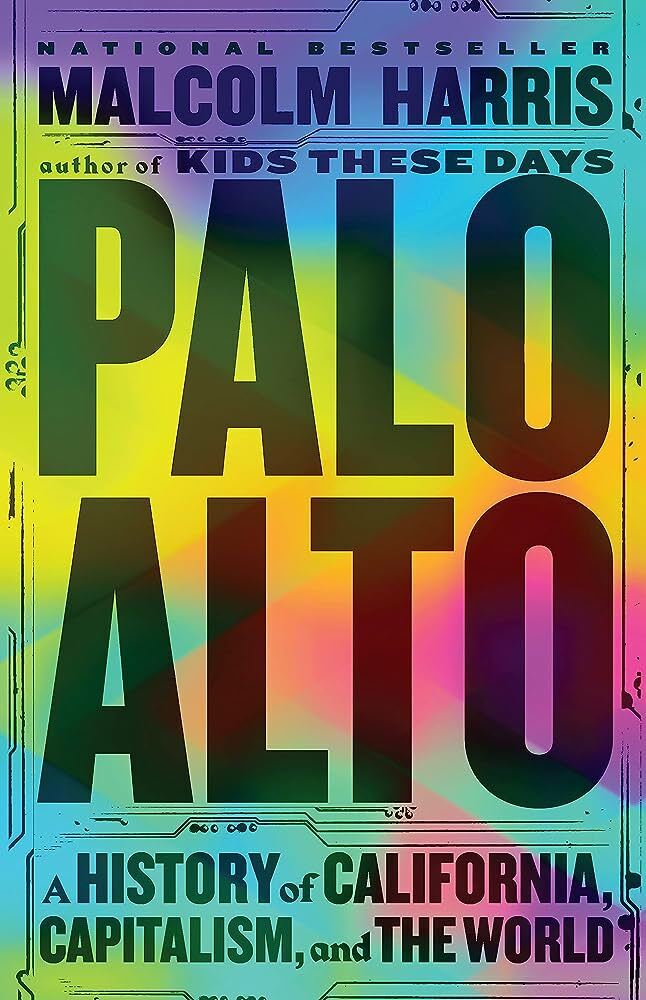Griffin on Tech: Hipkins talks up a clean, green tech-driven economy, but is it too little too late?
The political parties faced the business community in Auckland this week outlining their plans to breathe new life into a stagnant economy.
According to BusinessDesk editor Pattrick Smellie, James Shaw was thoroughly impressive, Chris Luxon was the “most prime ministerial, delivering a slick 15-minute pitch”, and Chris Hipkins simply “ran through his travel itinerary this year and the government’s record of keeping the economy alive through covid”.
But if you look at Labour’s economic policy released this week, it sounds like one that leaders in the tech sector have been urging the Government to do since it came into office. Labour wants to “turn New Zealand into a Centre of Excellence for sustainable agriculture and agricultural technology”, be a global leader in renewable energy, and “harness New Zealand’s digital creativity and expertise”.
Labour’s economic policy will be backed by “high paying jobs”, building infrastructure that lasts, and “better skills and practical education for better jobs”. All of this, says Hipkins, will grow our export-led economy.
An $8 billion target
It all sounds impressive. A bigger focus on agritech makes sense, though the ambitious target of lifting the sector’s value from $1.6 billion to $8 billion by 2030 seems like a big stretch. Labour will add $100 million to the Venture Capital Fund to seed investments in agritech startups, including through a partnership with Finistere Ventures. But we really needed to have scaled up investment and targeted activity in this space years ago to see it become such a big economic contributor by the end of the decade. People in agritech tell me that the skills shortage in that space is particularly intense.
More nebulous is the plan to “harness digital creativity and expertise”. How exactly Labour plans to do that isn’t clear - it will point to the Digital Industry Transformation Plan, but precious little of that has been executed yet. High-paying jobs, and better skills - the knowledge economy is the answer to those priorities while reducing our reliance on commodity exports. Labour chose the last day of Parliament to introduce its digital services tax bill, which may never see the light of day now.
But Hipkins's speech this year is one that should have been delivered by Jacinda Ardern in the run-up to the 2020 election. That’s when many other countries around the world were looking beyond the pandemic to the digital economy, and making strategic investments in infrastructure and skills development to support it. Labour was light on that and now its vision for the economy rings a bit hollow.
Blocking GPTBot
In a play that could be inspired by its curmudgeonly tech columnist John Naughton, The Guardian has opted to block OpenAI’s web crawler from accessing its website. That means no future access to the news outlets' articles to feed ChatGPT from here on in. OpenAI has already crawled the entire website and thousands of others, without permission, to feed its large language models, so the horse has already bolted when it comes to the majority of content.
But OpenAI knows that for its future generative AI products, access to quality, up-to-date information is important. It created its GPTBot crawler after the fact to appease website owners unhappy at the wholesale scraping of their content to feed into ChatGPT. The Guardian now joins CNN, Reuters, the Washington Post, Bloomberg, and the New York Times in blocking GPTBot on the grounds that the scraping is contrary to their terms of service.
“The Guardian’s commercial licensing team has many mutually beneficial commercial relationships with developers around the world, and looks forward to building further such relationships in the future,” the media company concluded.
This will mirror the tense stand-off between social media platforms and news publishers.
I like that the media outlets are taking a stand - but look at the list of those opting out of GPTBot - all liberal news outlets. If they are concerned about the rise of disinformation, are they exacerbating the problem by excluding themselves from ChatGPT? Will Fox News, the Daily Mail, and the host of rightwing US outlets that have popped up in recent years, skew generative AI answers their way?
 “I feel the Guardian has shot itself in the foot by banning ChatGPT from scraping its website. In doing so, it has put short-term commercial considerations ahead of its tradition of campaigning for truth and justice,” Guardian reader Paul Sawbridge wrote on the newspaper’s letters page.
“I feel the Guardian has shot itself in the foot by banning ChatGPT from scraping its website. In doing so, it has put short-term commercial considerations ahead of its tradition of campaigning for truth and justice,” Guardian reader Paul Sawbridge wrote on the newspaper’s letters page.
He’s got a point, but I still like the fact the news industry is refusing to bow at the altar of Sam Altman. They should collaborate to build their own NewsGPT service instead.
Finally, I really enjoyed my chat this week on The Business of Tech this week with Malcolm Harris, the author of an epic 720-page history of Palo Alto: A History of California, Capitalism, and the World, the town at the centre of Silicon Valley.
It’s not your usually sentimental - Pirates of Silicon Valley-style tale. It paints a very dark picture of that area of California, from its European settlement to the tech titans of today. I didn’t agree with everything Harris wrote, but it's the most thought-provoking thing I’ve read all year.
